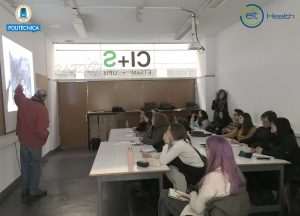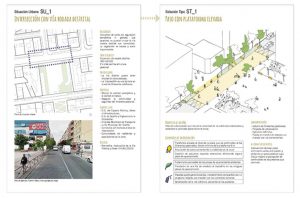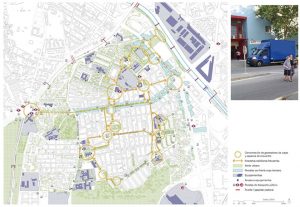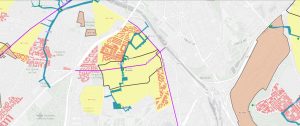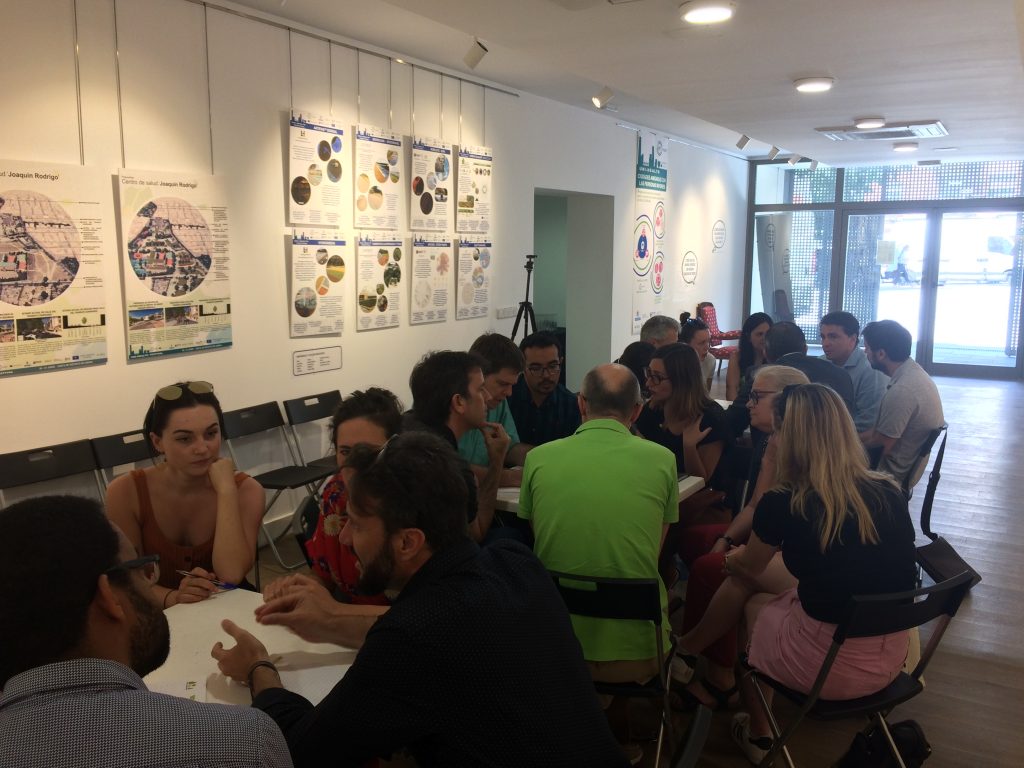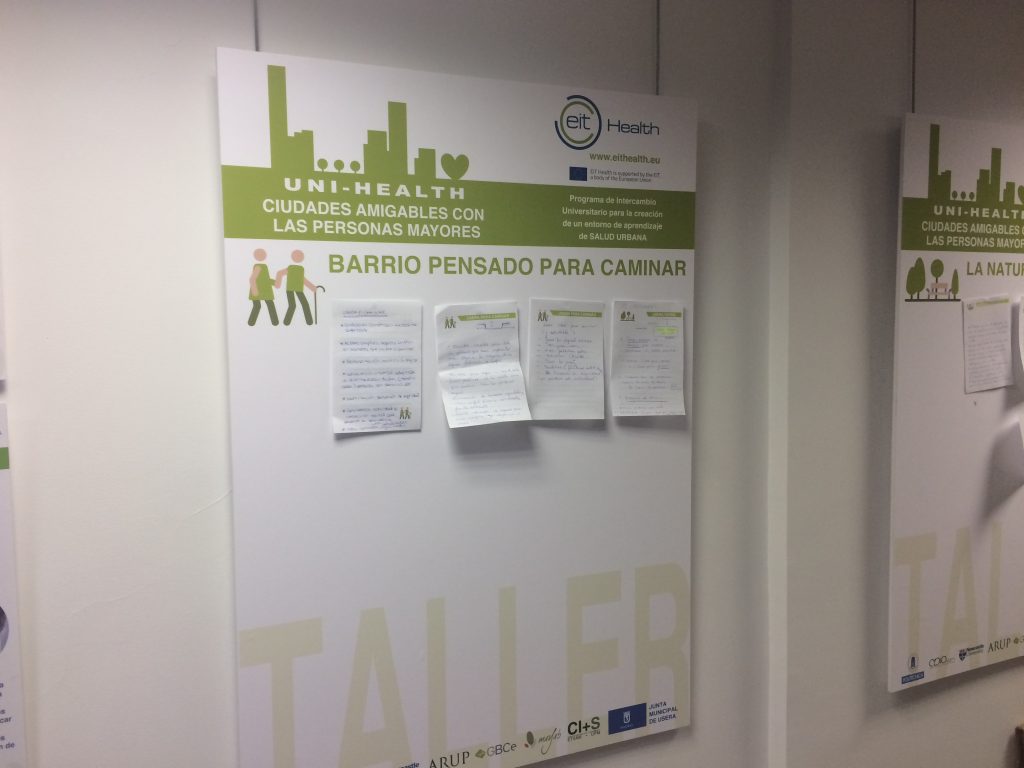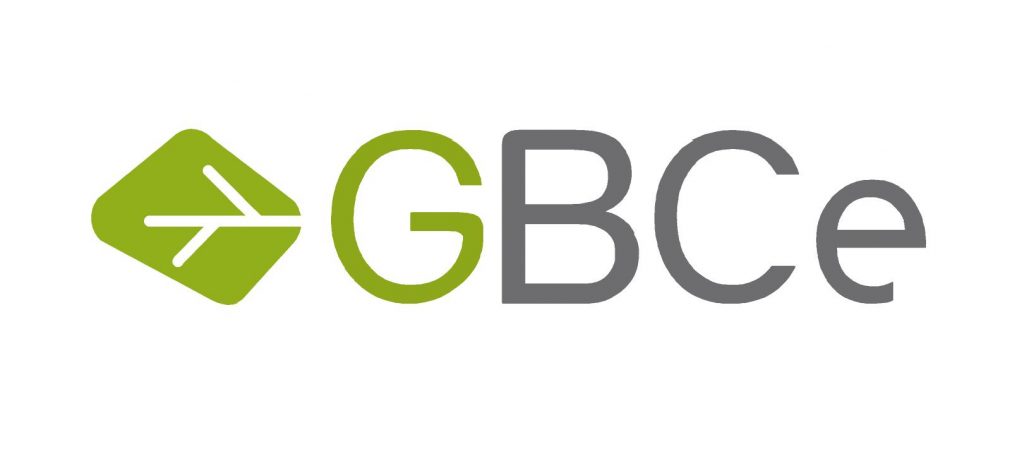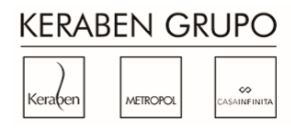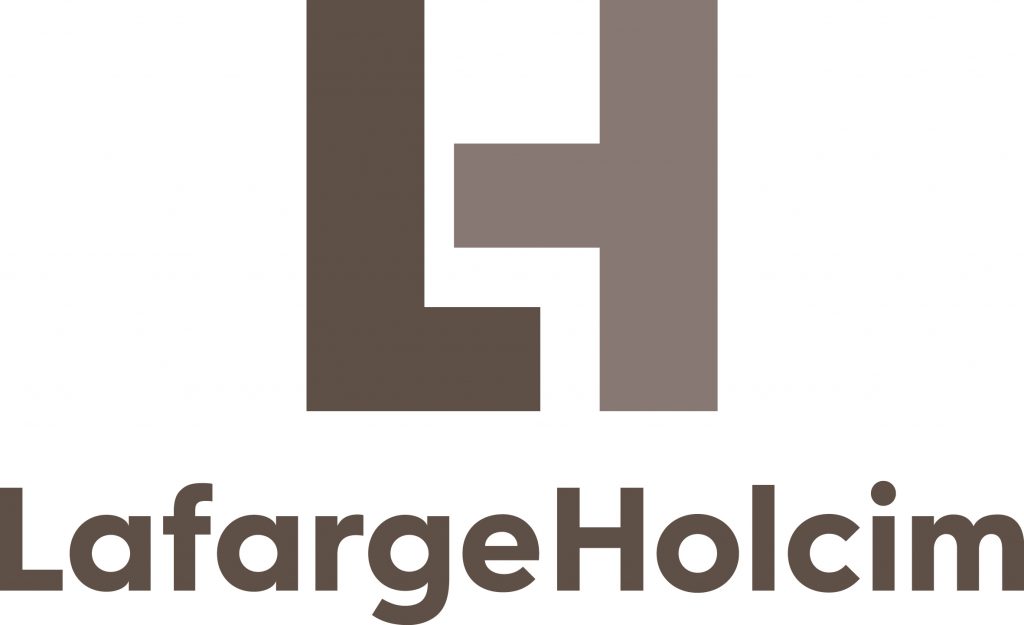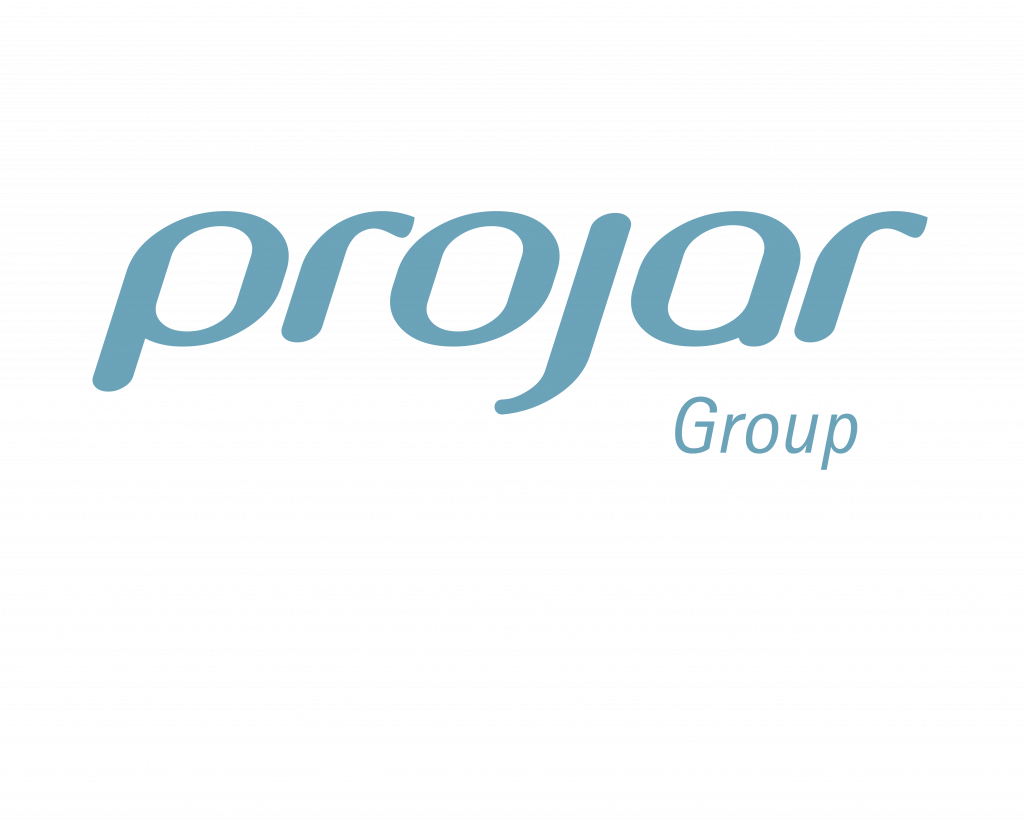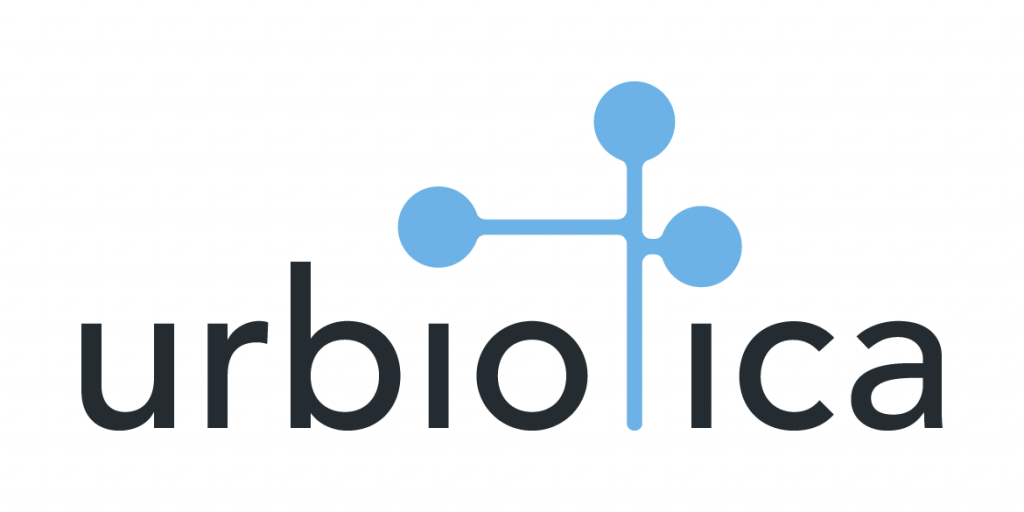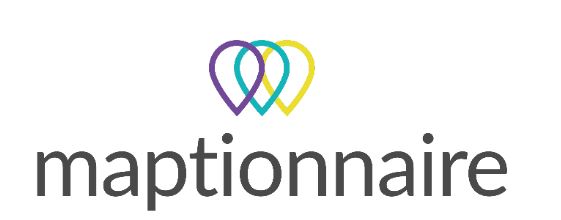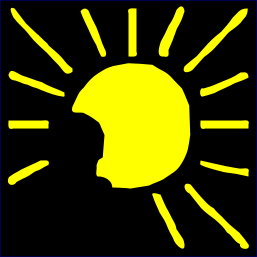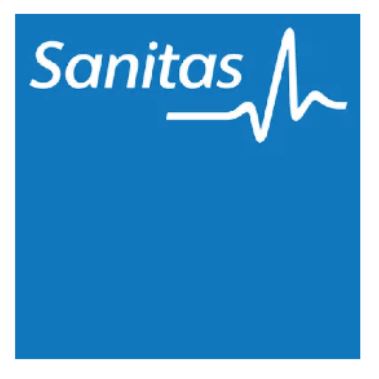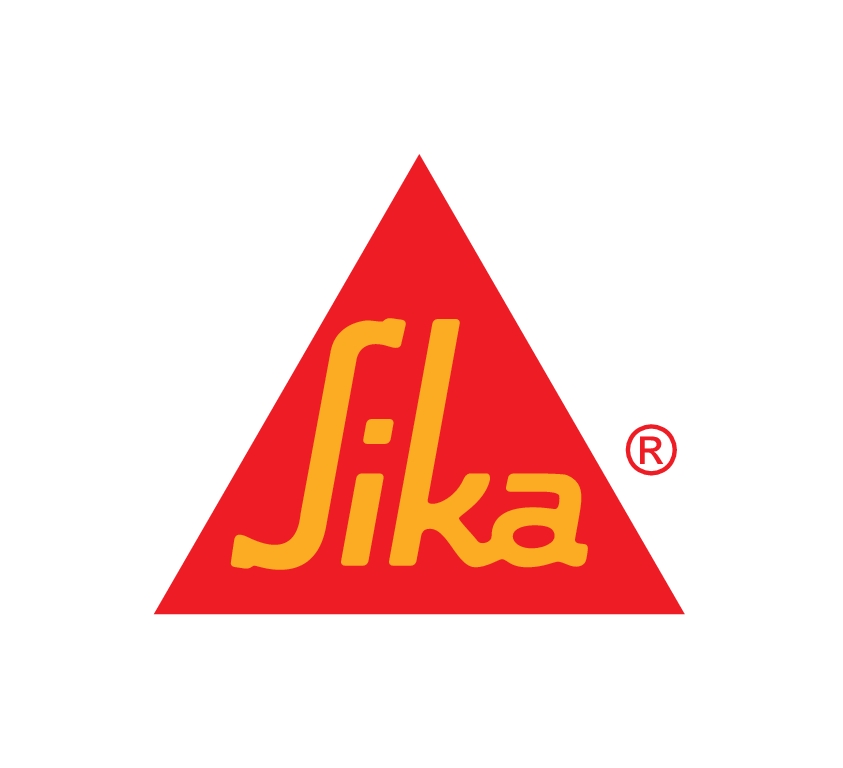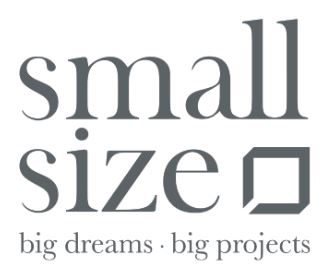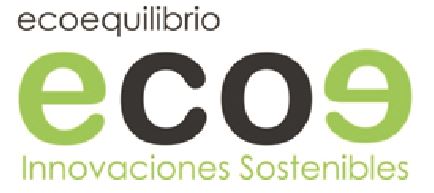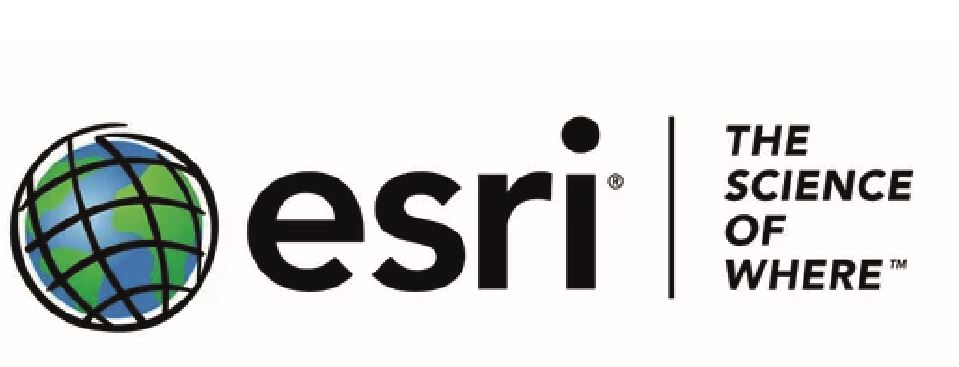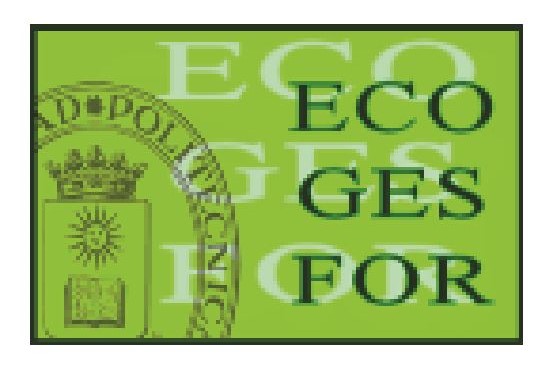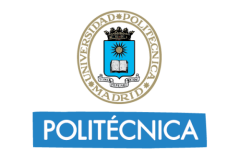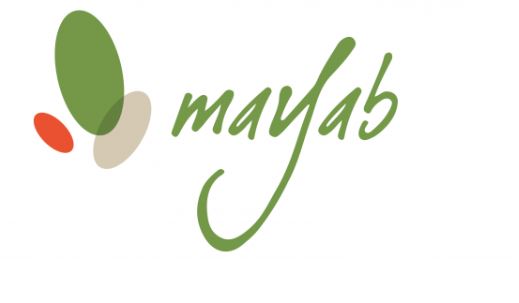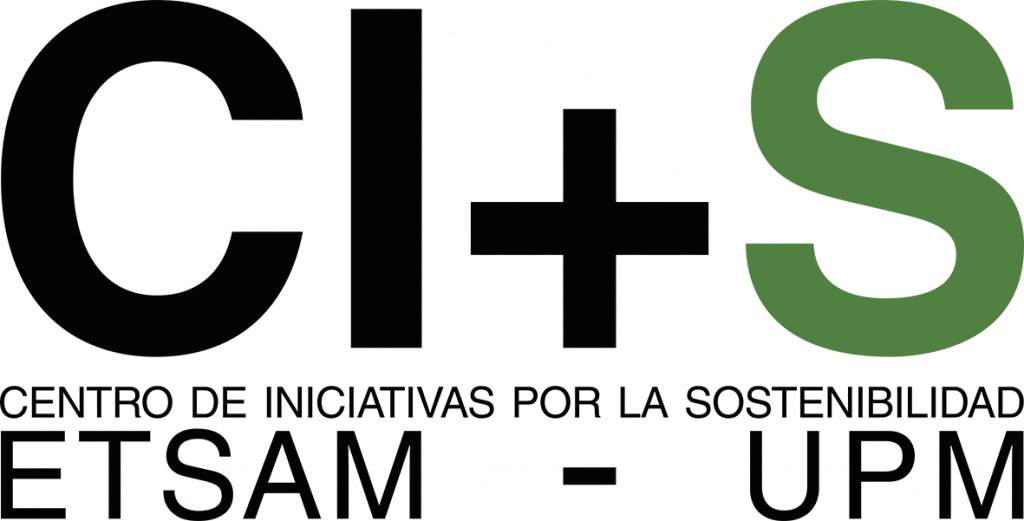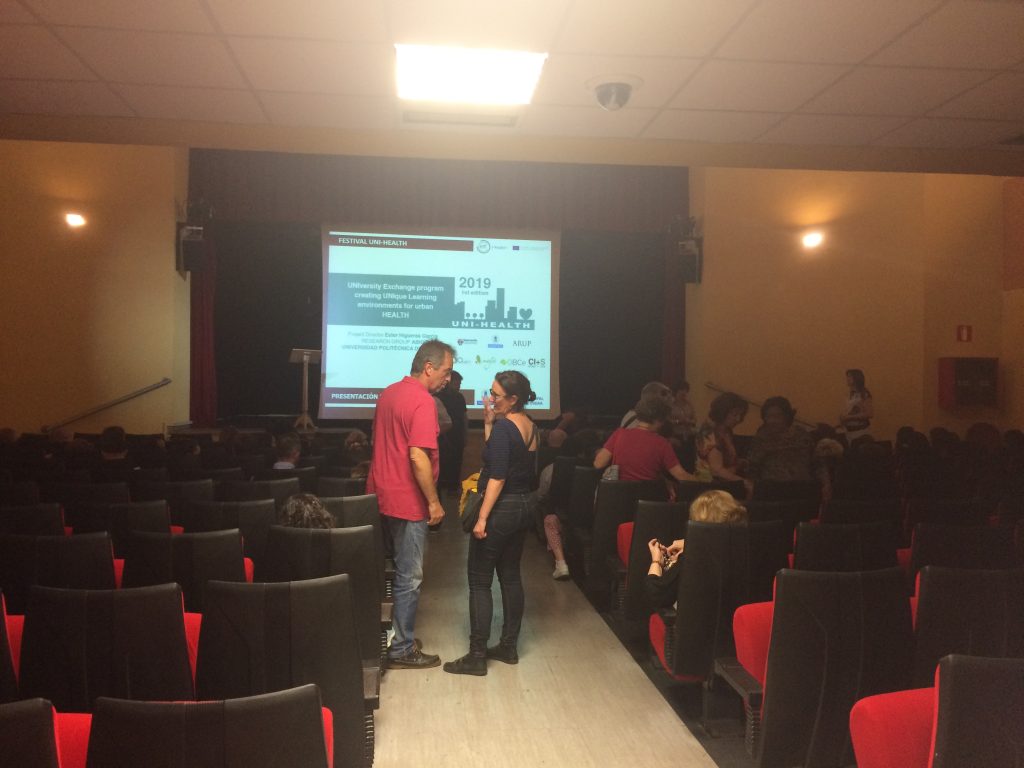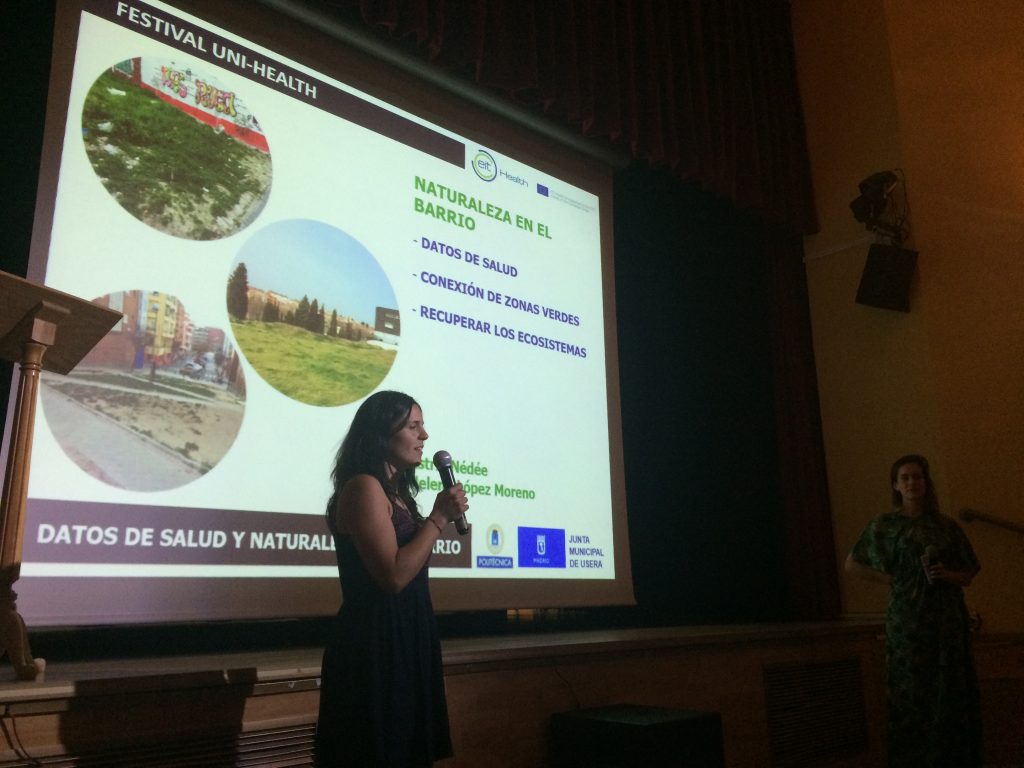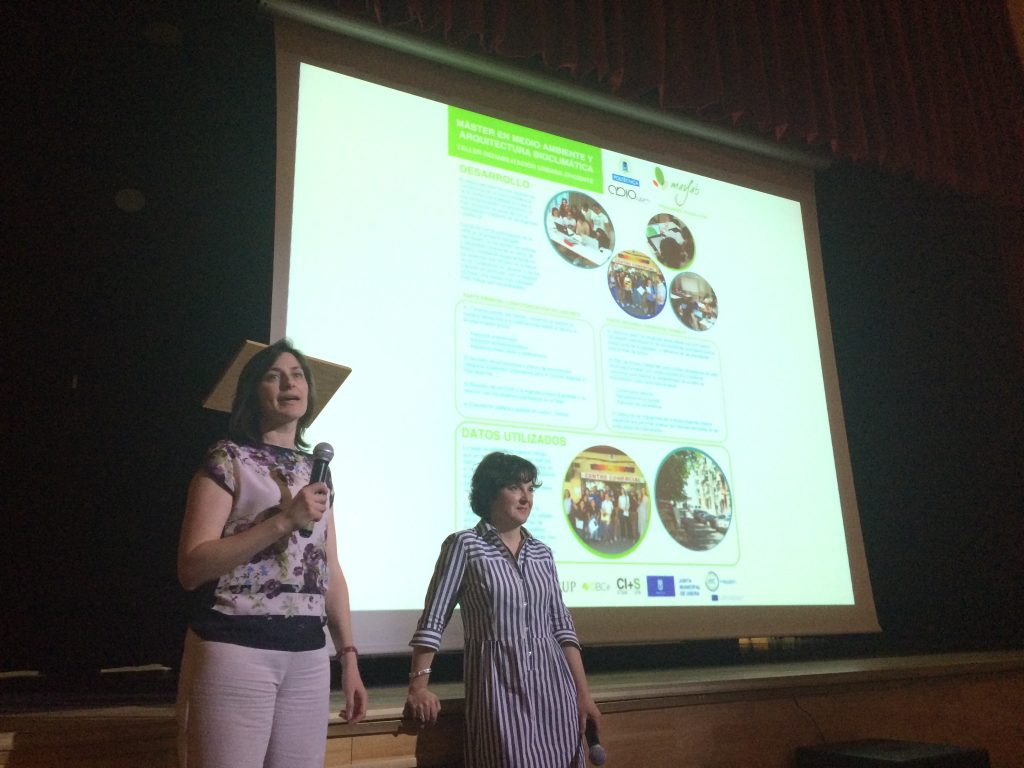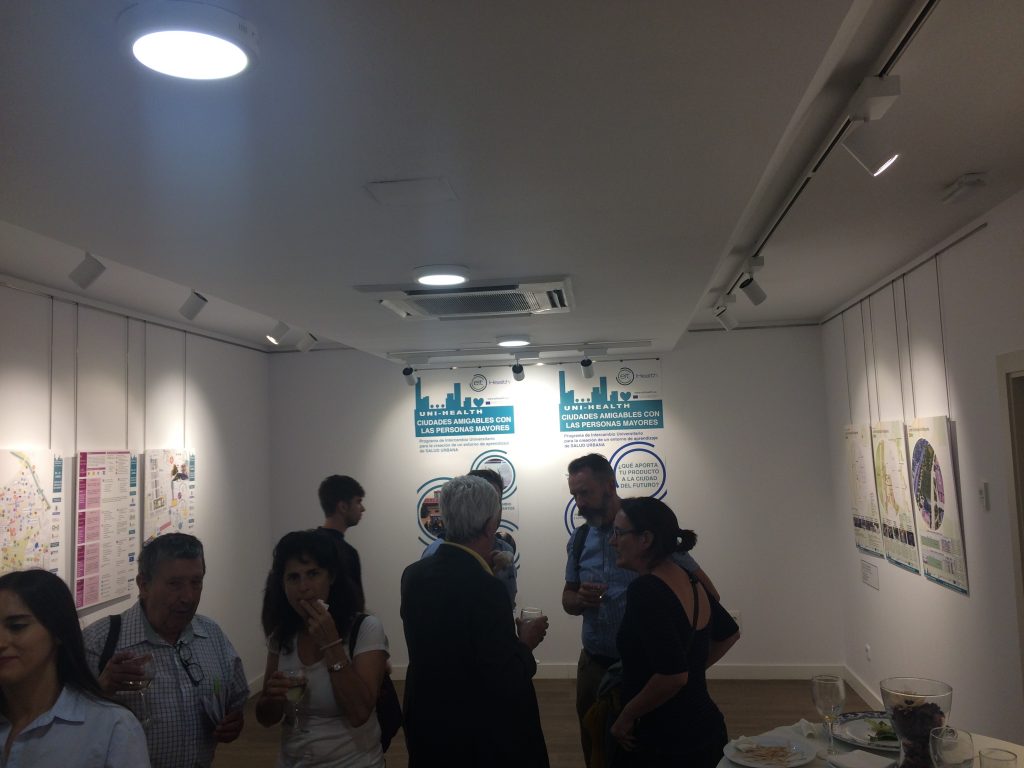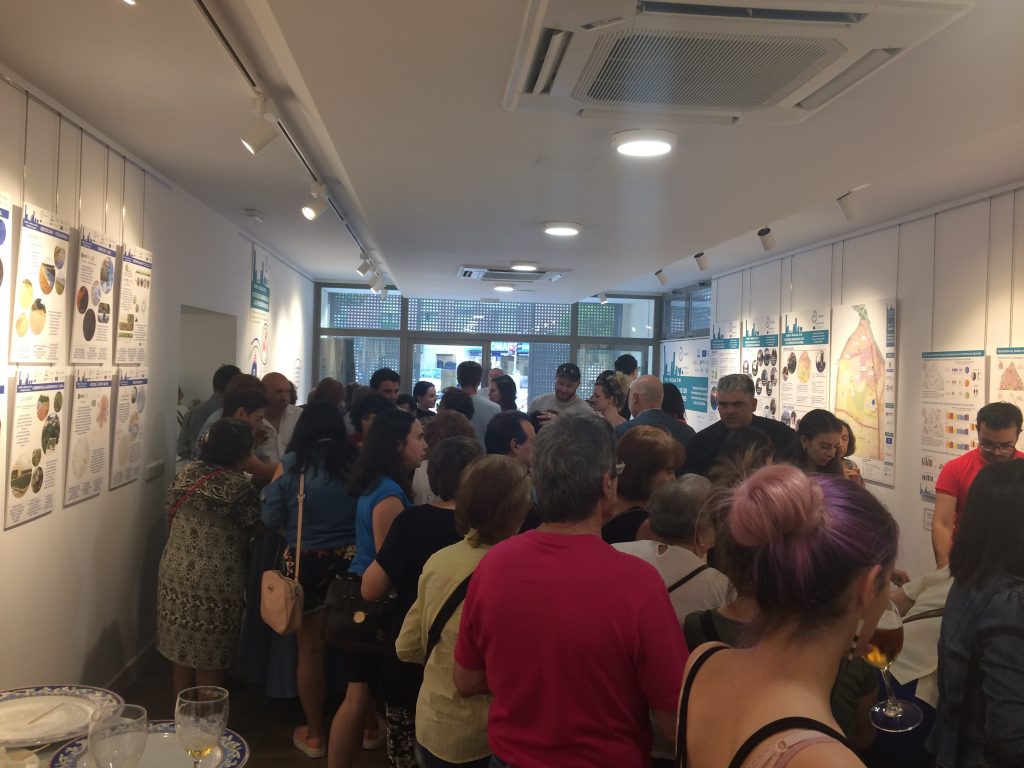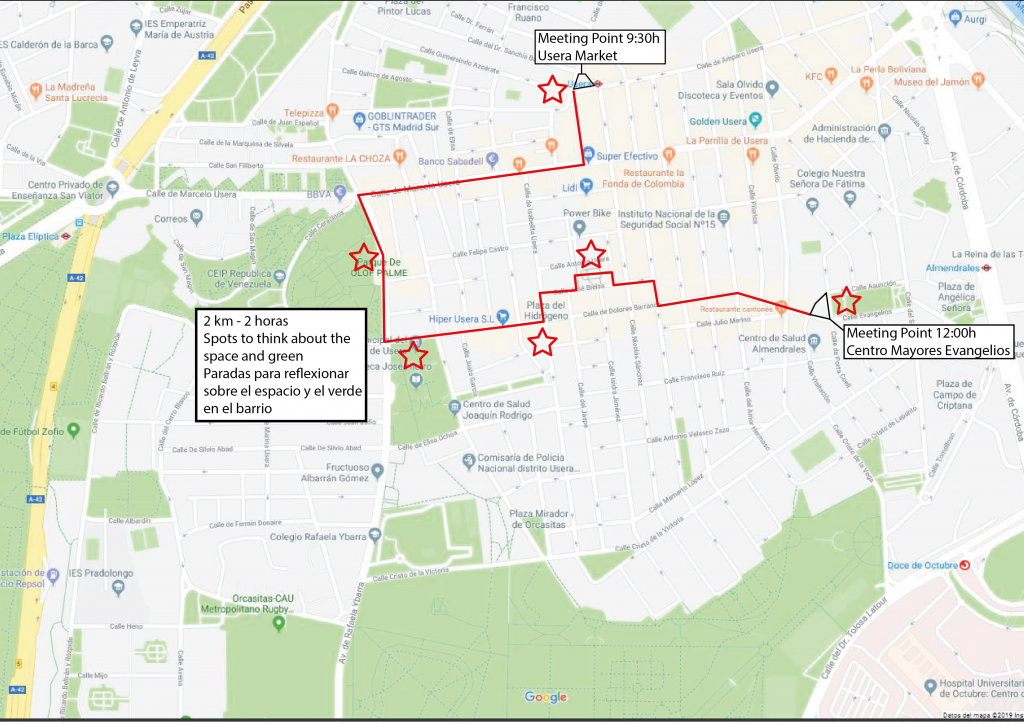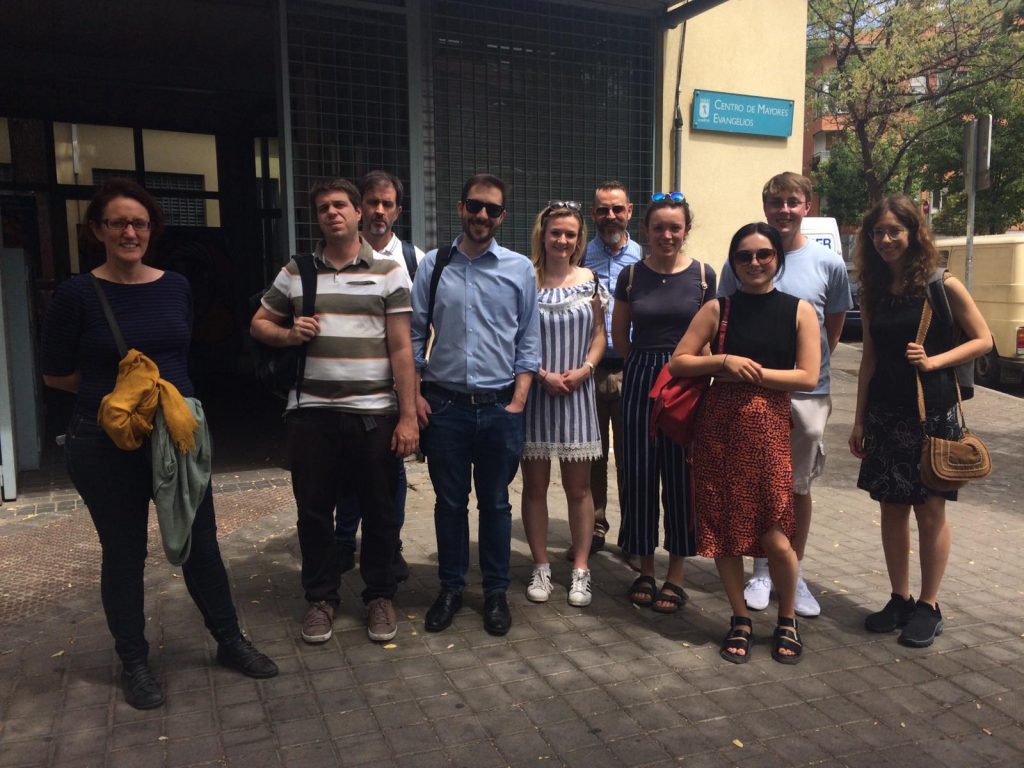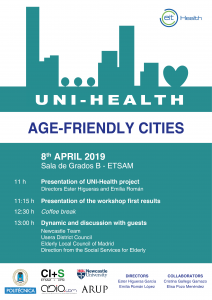Hello to everybody!!!
Last monday 8th April we closed this first seminar of UNI-Health, with a public presentation of the DIAGNOSIS of the neighborhood by students to the Elderly Local Forum of Usera, the Direction of different day-care centers and representant of Social Services of Usera district. We counted as well with our guests from Newcastle University, professor Rose Gilroy and Barbara Douglas and the participation of many experts that have been collaborating with us in this first edition.
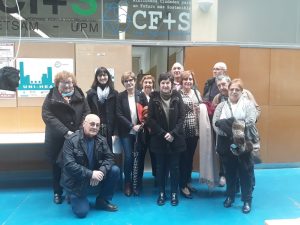
UNI-Health Directors with Usera representants: Usera District Council, Elderly Local Forum and Direction of Day-Care Centers.
Students presented by topic groups the diagnosis of the neighborhood, showing all the cartographies and main conclusions about different aspects to take into account regarding urban health. Three main topics were presented: a city to walk, green spaces and spaces for convivence and livability.
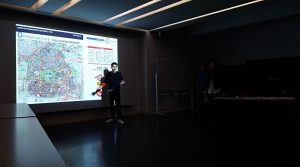
SWOT analysis, diagnosis and conclussions from students.
The feedback from the different people from the public was very convenient to consider their daily lives in the analysis and complete the diagnosis with relevant information that they have shared. In the next step, we will work on some strategic proposals to address urban health and active ageing from urban design and urban planning.
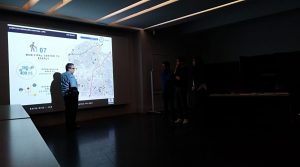
Representants from the Elderly Forum of Usera showing relevant information about their neighborhood.
Thanks to the students for this big final effort for the presentations and thank to everybody that came to the presentation. It has been such an interesting exchange! We will come back with news and updates for the preparation of the festival next June 20th and 21st in Usera!
Last but not least, thank you to everybody that have been following UNI-Health program during these months!
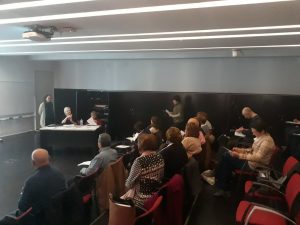
Barbara Douglas and Rose Gilroy, from Newcastle, commenting their suggestions for the proposals and what could be done to complete the diagnosis.
You can access all the presentations of the course through this Youtube Channel:
https://www.youtube.com/playlist?list=PL8bSwVy8_IcO-FGb1rmumD1Y6RFvUh1Jg
Please do not hesitate to share this blog, leave a comment or suggestions and contact us if you would like more information about next editions and Newcastle edition next October!
Letter of Barbara Douglas, member of the Elders Council in UK and member of VOICE:
It has been a real pleasure and a privilege to be involved in this project.
I was very impressed with the quality of the presentations by the students and the range and depth of data they presented. Although they came from different perspectives, a number of common themes were emerging which could provide an opportunity for collaboration between the groups as they move towards suggested projects/solutions. It was great to have the opportunity to go to Usera and see it for ourselves, as it put all the presentations in context.
I appreciate the challenges which you face in accessing health data (e.g. healthy life expectancy; prevalence of diseases) within the timescales of the project. This must be quite frustrating for you, as if this were coupled with the data the students have collected, it would make a very powerful argument for change and improvement. I meant to ask whether you can access social care data which would give you information about the numbers of people who need social care support to enable them to live independently? It would at least give a bit of additional information about the lives of older people living in the area.
I know the older people mentioned the issue of transport across the district given the length of time it takes some of them to walk to health or community facilities, especially given the topography of the area. I fully appreciate that for people with mobility issues, the lack of transport can be absolutely critical in enabling them to get out about. However, I also wondered whether, if the walking routes were more pleasant and people had incentives to walk to maintain/improve their health, there might be an opportunity in this for a walking group/programme? This idea probably won’t be popular with the older people, but I am also mindful of the big posters we saw in the Metro about the need for more physical activity! Would there be any help or investment from the public health department in supporting this?
It was interesting to hear about the large numbers of festivals in the area and how these can provide an opportunity for the different cultures in Usera to come together. I was wondering whether these might provide an opportunity for creative engagement of the people in the neighbourhood around the issues you have identified?
The exhibition/festival that you are planning sounds really good. You mentioned inviting local people and holding a session for businesses, however, I wonder whether you will also be engaging local associations and NGOs working in the area as they may also be very helpful partners in taking ideas forward locally. As Rose mentioned, it would be good to have a few ‘quick wins’ which would help to build the confidence of people living in working in the area that change can happen.
Whilst what you have presented is quite a big challenge, the research and analysis the students have done so far is very rich material for the Municipality and others to use in making arguments for change and improvement. So it seems to me that you have already created a very valuable resource, as well as giving students a very broad and rich experience. All the very best for the next stage of the project.
Thank you for your warm hospitality and for all the inspiration.
Thanks to you, Barbara and Rose, for accompanying us in such an interesting session!
UNI-Health Team
uni-health[at]upm.es
